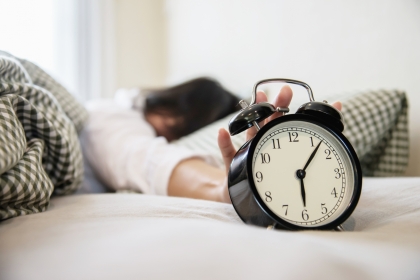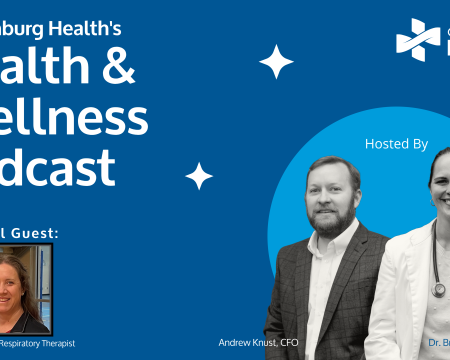
Sleep...a rare commodity?
When I was young I once played the part of Snow White in a play. All was well, until my prince had to plant a grade-school kiss on my face to awaken me from slumber. It is an understatement to say that I was not in the market for romance, so I carefully positioned my head to receive this kiss. No damage done, my hair received the blow, but it did disrupt deep sleep and my aspirations for being a trader of commodities.
After all, if rare commodities are traded on the commodity markets, then sleep could certainly be traded as a rare commodity. I just didn’t realize then how rare this sleep commodity can be.
How Tired Are We?
According to the CDC, 35% of Americans report sleeping less than the recommended 7 hours/night. If you aren’t feeling tired by that number, the National Center for Biotechnology further reports that women, compared to men, are 40% more likely to struggle with insomnia. When it comes to young children, 25% struggle with sleep, while 57% of middle schoolers and 72% of high school students get less than the recommended amounts of sleep.
What’s the Big Deal About Sleep?
In young and old, sleep affects a number of things from mood to metabolic health and even plays a part in weight control. Research conducted in adolescents reveals that sleep deprivation increases the temptation to eat sweets and desserts. Inadequate sleep is associated with excess energy intake, while adequate sleep is associated with a decreased need for energy and increased weight loss.
Interested in improving your sleep habits?
Tidy up your menu to give your body an additional nudge toward those coveted 7-8 hours of snooze time.
Foods to avoid before bed.
- Large meals eaten prior to bedtime causing nighttime digestion that interferes with sleep.
- Alcohol interferes with REM sleep, the cycle of sleep that prepares you for healing deep sleep. In deep sleep, the body repairs and regrows tissue, builds bone and muscle, and strengthens the immune system.
- Spicy food may trigger nocturnal heartburn. Capsaicin (ingredient in peppers) in spicy foods can increase body temperature. Increased body temperature promotes waking while a drop in body temperature is a signal to prepare for sleep.
- Carbonated beverages can trigger gastric reflux and disrupt sleep.
- Caffeinated beverages increase wakefulness. Designate a caffeine cut-off time to promote optimal sleep (3 pm).
Sleep Inducing Foods.
These foods induce sleep because they affect sleep neurotransmitters serotonin, melatonin:
- Dairy foods are high in tryptophan, the precursor to serotonin.
- Kiwi Fruit may improve sleep onset, duration and efficiency as shown by a study using 2 kiwi fruit 1 hour before bedtime.
- Tart cherry juice contains melatonin and also increases natural melatonin production.
- Walnuts are high in tryptophan, and they also contain melatonin
These foods are high in GABA, a neurotransmitter that shortens the amount of time it takes to fall asleep:
- Barley grass juice powder
- Grain sprouts
- Potatoes, Sweet Potatoes, Yams
- Spinach
Some Supplements that promote sleep.
- Magnesium
- Jujube fruit extract or juice. Shown to improve sleep quality of postmenopausal women.
- Melatonin
Final Bedtime Thoughts?
As the school year arrives and new schedules begin, it’s time to scrap commodity trading and begin hoarding sleep. Years after the role of Snow White, I think to myself, “Why didn’t I just hoard that rare sleep commodity and refuse to trade it for a measly kiss?
Sources:
https://www.sleepfoundation.org/how-sleep-works/sleep-facts-statistics
https://www.ncbi.nlm.nih.gov/pmc/articles/PMC7735973/
https://www.webmd.com/sleep-disorders/news/20130118/alcohol-sleep
https://pubmed.ncbi.nlm.nih.gov/1399758/
https://www.hindawi.com/journals/omcl/2018/3232080/
Art used from Snooze photo created by jcomp - www.freepik.com






